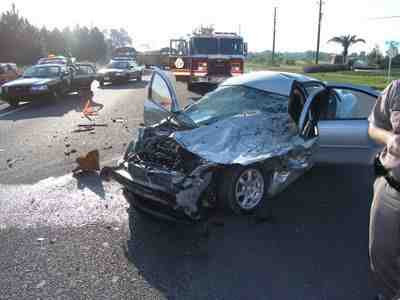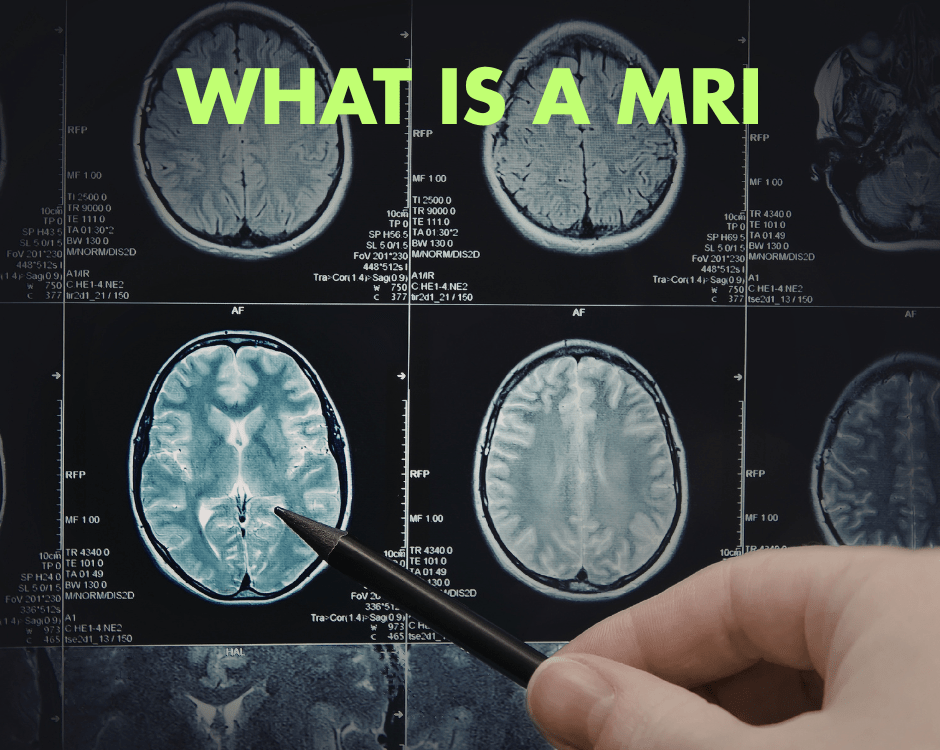Murphy’s Law? Fact or Fiction?

Honey Honey Honey
July 30, 2024
What is a Degenerative Tear Vs an Acute Tear?
July 30, 2024- Accident doctor
- accupuncture
- airplane headache
- alzheimer's
- best habits
- Brain Injuries
- car accident
- car accidents
- cervical strain
- colds
- concussion
- Concussions
- disc bulge
- dosage meds
- dry needling
- dull pain
- E bike injuries
- florida
- good posture
- headaches
- Headrest positions
- Headrest positions after an accident
- Healthy choices
- Healthy flying
- healthy gift guide
- Healthy SPring Ideas
- hip pain
- hyperextension
- injury doctor
- insurance
- Kayaking
- kentucky
- kids motion sickness
- lifestyle
- motion sickness
- neck injury
- no fault insurance doctor
- noise healing
- osteoporosis
- pain symptoms
- pink noise
- posterior chain
- posture
- prevent osteoporosis
- Rest
- Scoliosis
- shoulder pain
- Stress with kids after a motor vehicle accident
- TBI
- tips
- tmj
- torn muscle
- Traumatic Brain Injury
- trigger points
- VitaminD
- What are Post Traumatic headaches?
Murphy’s Law
There are many conversations that occur within the confines of a medical office. The physical body needs to heal but the mind also requires healing. Part of the process is a reduction of stress and sometimes that comes in the form of laughter or maybe a conversation that will take the patient’s mind off their motor vehicle accident (MVA). One such conversation recently was a discussion on the loss of a vehicle and all the things that went wrong. We found ourselves on the topic of a specific law. I am Dr. Aaron Workman, a chiropractor at one of the highest rated car accident medical care facilities in Kentucky, and today I will discuss Murphy’s Law, what it is, where it came from and go through 4 areas that this law can aid following an MVA.
Murphy’s Law states, “Anything that can go wrong, will go wrong.” This phrase can be used in many fields, even finding a place following MVAs. The origin of the saying dates to the late 1940’s at Edwards Air Force Base in California. Captain Edward Murphy Jr., an aerospace engineer, was working on a project to test human tolerance to acceleration and deceleration. The project involved a series of tests using rocket sleds where the tests were measured with a number of sensors. During a test, it was said that all the sensors had been wired wrong causing all the data to be useless. This led to Captain Murphy noting, “If there’s any way they can do it wrong, they will.” This phrase was picked up, used by one of the project’s lead engineers and is now known as Murphy’s Law. The project’s lead, Dr. Stapp, popularized the saying during a press conference when he attributed the project’s success to ensuring that everything was checked and rechecked to prevent errors. The saying became a guideline for safety and engineering.
This thought process can find applications in many aspects of life, particularly in the healthcare industry and in situations following MVAs. Whether dealing with the immediate aftermath or the long-term consequences, unexpected issues will arise, often complicating everything.
- Accident Scene: First responders often face unpredictable challenges at an accident scene. The principle of Murphy’s Law encourages thorough preparation and training to handle all the things that can and will go wrong. The ambulance and first responders’ equipment are adapted to all those possibilities.
- Medical Problems: Post-accident care is full of things you may not be familiar with. Patients may develop complications that were not initially apparent, mild traumatic brain injuries, delayed symptoms of trauma, and multiple parts of the body with acute trauma. As a health care professional, recognizing all the things that can go wrong, and monitoring those possibilities can lead to better outcomes.
- Insurance Issues: Prepare for all the insurance problems by keeping thorough documentation and seeking legal help if needed. This practice would also lead you to mentally go through the things possibly needed following an accident and having all those things ready in an easy to find spot.
- Recovery: The road to recovery following an accident is unpredictable. Patients may face setbacks or slow progress. They can feel good for several days then have a terrible day. By setting realistic expectations and having backup plans, both patients and healthcare professionals can better manage the road to recovery. A recent article on bracing a non-injured knee is another way of following the law. Your backup plan would be early bracing to prevent overcompensation and pain in your good parts.
Murphy’s Law is a great way to be thorough. Anticipating problems and preparing for them can significantly reduce the impact of those problems when they arise. This principle encourages adaptability, and proactive planning in our daily routines and even professional practices. It can start from leaving home for work early, anticipating traffic, to having a plan for when that bad day happens, and you end up in an MVA. Car accidents can be traumatic experiences but being prepared for everything going wrong will lead you to a more stress-free recovery.
— This article is written by Aaron Workman, DC, one of the members of Chambers Medical Group’s team of car accident chiropractors who offer a variety of treatments and therapies ranging from diagnostic testing to various soft tissue therapies for car accidents and injuries in Kentucky.
- Car Accident Medical Clinic in Tampa
- Car Accident Medical Clinic in Plant City
- Car Accident Medical Clinic in Brandon
- Car Accident Medical Clinic in Lakeland
- Car Accident Medical Clinic in Sarasota
- Car Accident Medical Clinic in Louisville
- Car Accident Medical Clinic in Lexington
- Car Accident Medical Clinic in Florence




